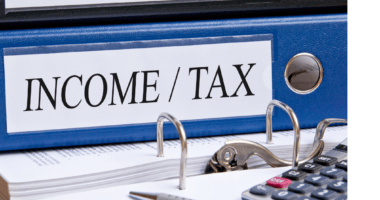Tax-free bonds are not subject to tax deduction at source (TDS) on the interest payments. While certain bonds make interest payments half-yearly, other bonds make yearly interest payments.
The mode of investing in a tax-free bond is similar to that made in a fixed deposit. A lump sum amount is invested or deposited for a fixed rate of interest for a fixed term. Also, the principal sum would return to the investor upon maturity. However, there are certain differences as between the tax-free bond and fixed deposit.
Unlike a fixed deposit, a tax-free bond bears a face value, carries a coupon rate or yield and so on. Also, tax-free bonds are listed and traded on stock exchanges.
Also Read: Government likely to introduce completely pre-filled income tax returns
Tax-free bonds are best suited for investors in the highest tax bracket of 31.2%. For example, a taxpayer in the highest tax bracket deposits money in a fixed deposit at 7% interest p.a.; the post-tax return would be 4.8%. Presently, there are tax-free bonds available at a yield of 5%.
Tax-free bonds generally trade at a discount or premium to their face value. For example, a bond with a face value of Rs 1,000 may be purchased at Rs 980 or Rs 1,120 depending on the movement of interest rate in the economy.
The coupon rate is the rate of interest paid to an investor. The coupon rate is calculated based on the price at which an investor purchases the bond. For example, an investor who buys a bond at a higher amount of Rs 1,120 would have a yield of 6.25% (70*100/1120). The return is lower when the purchase price is higher than the face value. The yield is higher when the purchase price is lower than the face value.
For any clarifications/feedback on the topic, please contact the writer at sweta.dugar@cleartax.in
I am a Chartered Accountant by profession. I specialise in personal taxes and corporate income tax matters. I am an avid reader and track developments in financial markets, economy and other market developments.





